
Dina Sfat
Birthday: Born in 1938-10-28 in São Paulo, São Paulo, Brazil
Deathday: 1989-03-20
Dina Sfat, stage name of Dina Kutner (São Paulo, October 28, 1938 — Rio de Janeiro, March 20, 1989), was a Brazilian actress, of Jewish origin. She made her film debut in 1966 in the film O Corpo Ardente; however, the consecration came with Três Histórias de Amor, chosen as 'female revelation' at the Cabo Frio Film Festival. Furthermore, she stood out in the film Os Deuses e os Mortos, securing the 'Best Actress' award at the Brasília Festival, something that would be repeated again for her performance in O Homem do Pau-brasil, but in the category of 'Best Supporting Actress'. In the work A Culpa, Sfat was chosen 'Best Actress' by the Air France Awards. Sfat debuted on television in 1966 in the soap opera Ciúme, on Rede Tupi. However, her first consecration came in the 1970s, being elected 'Best Actress' three times by the Imprensa Trophy (Chica Martins in Fogo sobre Terra, Risoleta in Saramandaia and Paloma Gurgel in Os Gigantes), in addition to two nominations for the same award ( Helô in Assim na Terra como no Céu and Zarolha in Gabriela). In addition, she was also chosen 'Best Actress' by the APCA Award in the role of Fernanda in Selva de Pedra. In 2009, on the initiative of her friend and also actress Itala Nandi, the Dina Sfat Award was created, to honor actresses who have the same profile [as Dina Sfat]: great performers, dedicated mothers, politically engaged women.
TV Credits

Já Está
Character: Self
...

O Homem Que Deve Morrer
Character: Vanda Vidal
...

Os Gigantes
Character: Paloma Gurgel
...
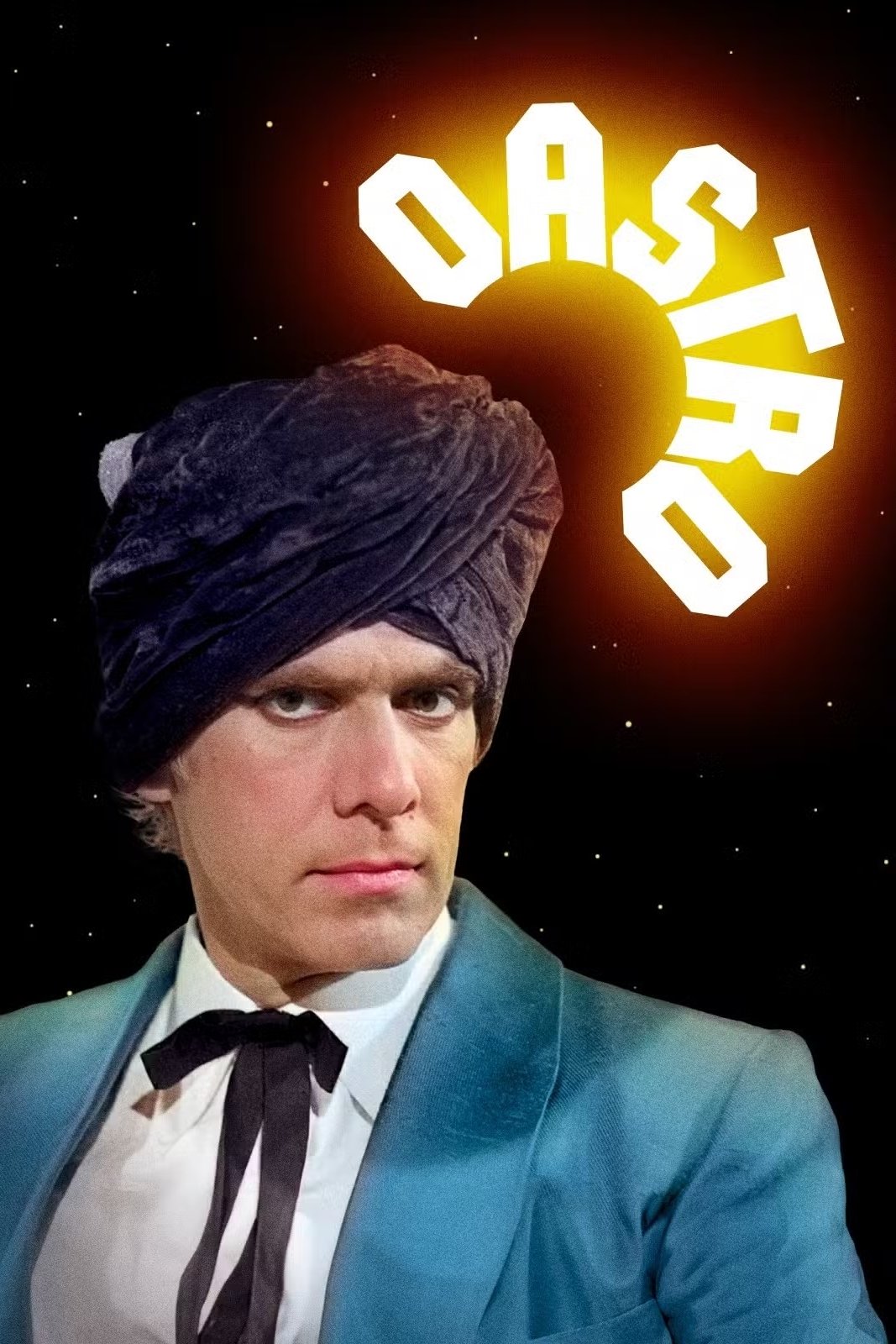
O Astro
Character: Amanda Mello Assumpção
...
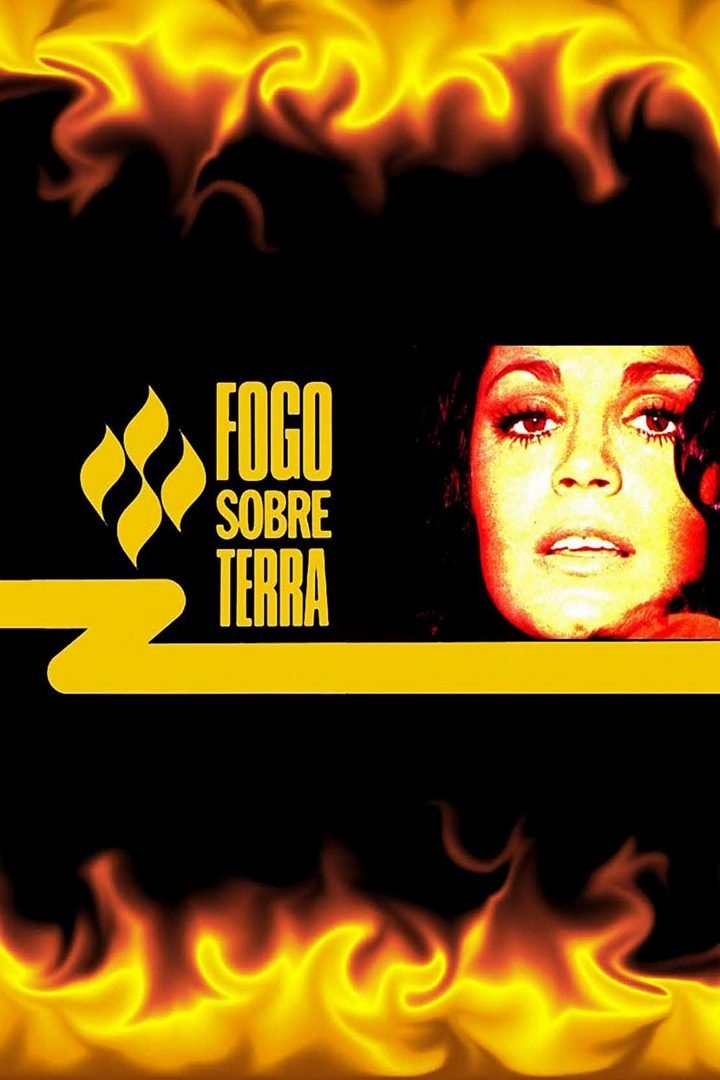
Fogo Sobre Terra
Character: Francisca Peixoto Martins (Chica Martins)
The plot takes place in a fictional city called Vale do Café, where two powerful families, the Toledo and Fontes, are locked in an intense dispute for power and land ownership. Conflicts are marked by betrayals, forbidden loves and dark secrets. The soap opera addresses themes such as ambition, revenge, romance and conflicts between families, showing the fire that consumes the land and human relationships....

Gabriela
Character: Risoleta Prado (Zarolha)
...

Verão Vermelho
Character: Adriana
...

Selva de Pedra
Character: Fernanda Arruda Campos
...

Avenida Paulista
Character: Paula Alencar
...

Bebê a Bordo
Character: Laura Petraglia / Bárbara
Bebê a Bordo is a Brazilian telenovela produced and displayed at the time of 19 hours by Rede Globo, June 13, 1988 to February 11, 1989 in 209 chapters....

Saramandaia
Character: Risoleta
Saramandaia is a Brazilian telenovela originally written by Dias Gomes in 1976. It's considered remarkable because of the Magic Realism (used by the author to subtly criticize the Military Regime of the time) and had 160 chapters. The story centers on the name change that the city undergoes, promoted by the younger citizens and reviled by the older ones. It also focuses on the lives of the city's quirky residents....

Os Ossos do Barão
Character: Isabel
...

Eu Prometo
Character: Darlene Cantomaia
...

Assim na Terra Como no Céu
Character: Helô
...

Caso Especial
Character:
...

Caso Especial
Character: esposa de Maurício
...

Chico Total
Character: Vários Personagens
...
Movie Credits

Eros, the God of Love
Character: Ana
A man explores the process of formation of sexuality and is looking for a woman that does not exist....

Of Gods and the Undead
Character: Crazy Woman
In the 1930s, in the South of State of Bahia, Brazil, an adventurer with no name or history, who has already been shot seven times, gets involved in the battle for land and cacao plantations. His plan is to take the place of "Colonel" Santana, taking his wife and money. He starts a bloody conflict, in which many simple people and landowners die....

Dina Sfat na União Soviética - Perestroika
Character:
...

Family Album
Character: Senhorinha
Follows the decadence of an incestuous oligarch family in a rural Brazilian household through the years during the early 20th century....

Macunaima
Character: Ci
Born a fully grown black man in a village in the Brazilian jungle, Macunaíma later magically transforms into a white man before making an adventure-filled trip to the city of São Paulo. Once there, he becomes something of a dandy, falling in love with Ci, a revolutionary who dies in an accidental bombing. After robbing a ruthless industrialist, Macunaima returns to his village where he finds his newly acquired knowledge and possessions of little use....

The Brazilwood Man
Character: Branca Clara
Fantasy comedy about Brazilian writer Oswald de Andrade, one of the most important icons of Modernism in Brazil. In the film, Oswald is played by two actors: Ítala Nandi, as his feminine anima, and Flávio Galvão, as the masculine half....

Perdidos e Malditos
Character:
A criminal reporter and his guru-like friend go around together, but a crossroads will lead them to different ways....
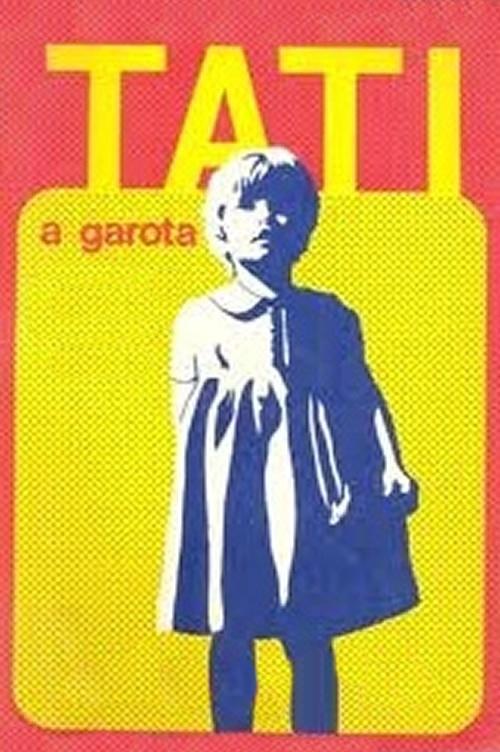
Tati, a Garota
Character: Manuela
The seamstress Manuela, Tati's single mother, moves from the suburbs to Copacabana but faces severe financial difficulties. A friend of Manuela's sometimes fills in for Tati's father, giving the girl temporary happiness....
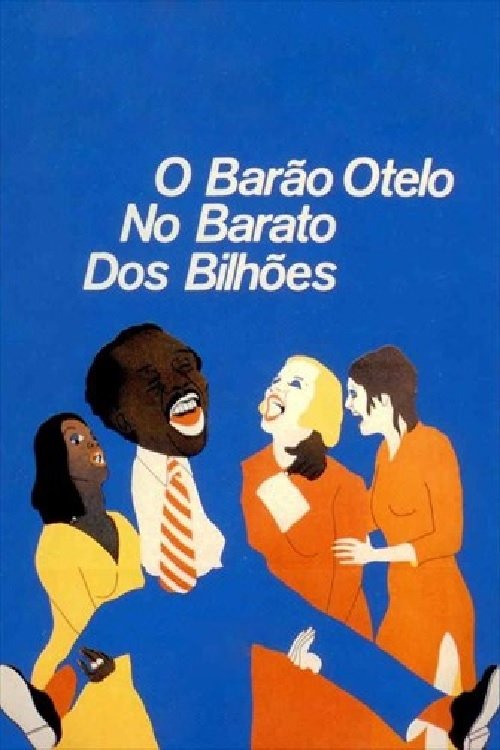
O Barão Otelo no Barato dos Bilhões
Character: Maria vai-com-as-outras
João-Sem-Direção knows Carvalhaes that proposes a blow to him. John does not accept the proposal, but ends up earning a hefty cash in the game....

On Borrowed Time
Character: Paula
During the Brazilian military government, journalist Estêvão is sent from Rio de Janeiro to Brasilia to cover the important statement of a minister, but takes the opportunity to deliver incriminating documents to another one....

Heart and Guts
Character: Renata
Financial problems in a religious school for girls force the government to interfere. While waiting in the conference hall to communicate the fact to the school administrators, the intervenor falls asleep and a crazy dream begins, involving teachers, students and strange characters....
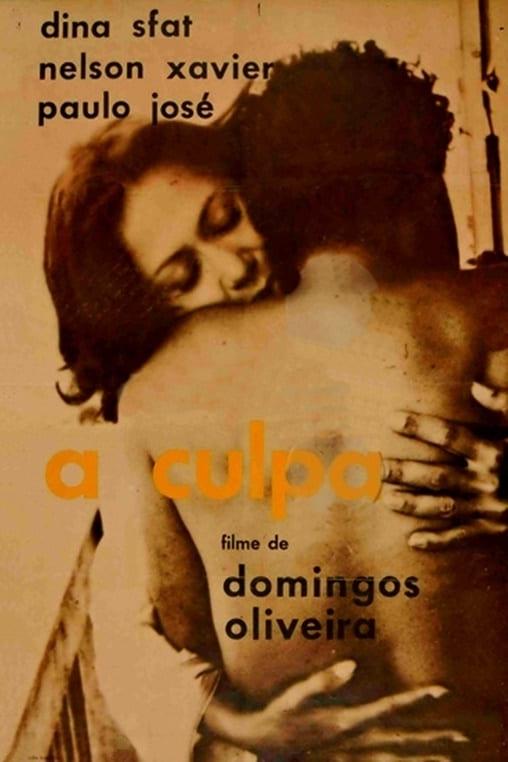
A Culpa
Character:
Heitor and Matilde are two siblings who decide to murder their rich father in order to quickly inherit his wealth. They get the killing done, aided by Matilde's boyfriend Henrique, but after a while the three of them begin to recieve mysterious notes which suggest that their secret is in danger....

The Jew
Character: Lourença Coutinho
The story of Brazilian Antônio José da Silva, a jewish poet, playwright and lawyer living in the 18th Century Lisbon, who managed to avoid Inquisition by converting himself to Catholicism, after being tortured. But his fierce criticism of Portugal's élite led him to persecution and torture, becoming kind of a scapegoat....
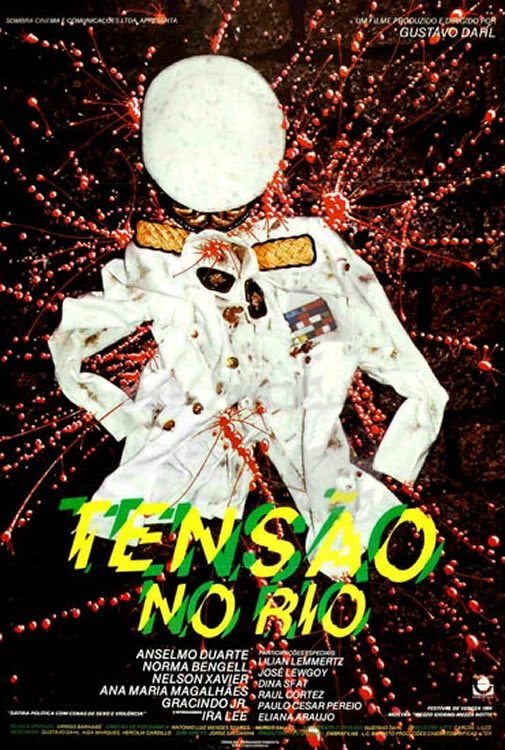
Tensão no Rio
Character: Amante do Presidente
...
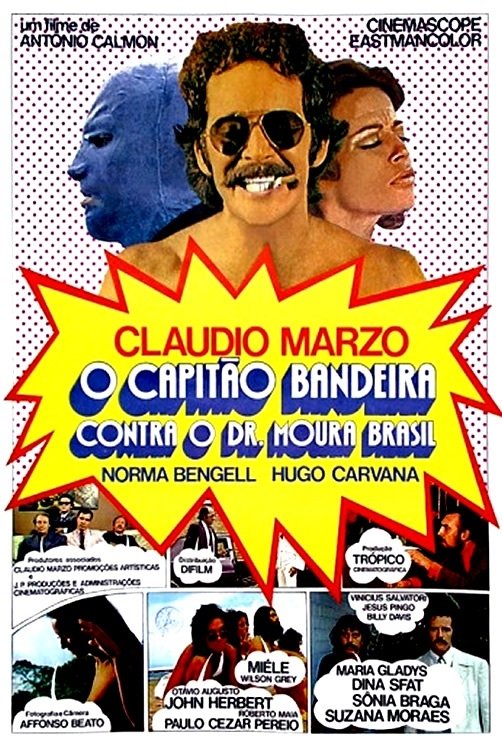
O Capitão Bandeira Contra o Dr. Moura Brasil
Character: Irene
Successful manager is haunted by a sinister character who enters his dreams, Dr. Moura Brasil....

Mulheres de Cinema
Character: Self
Documentary on famous Brazilian actresses, female directors and the role of women in Brazilian film history....
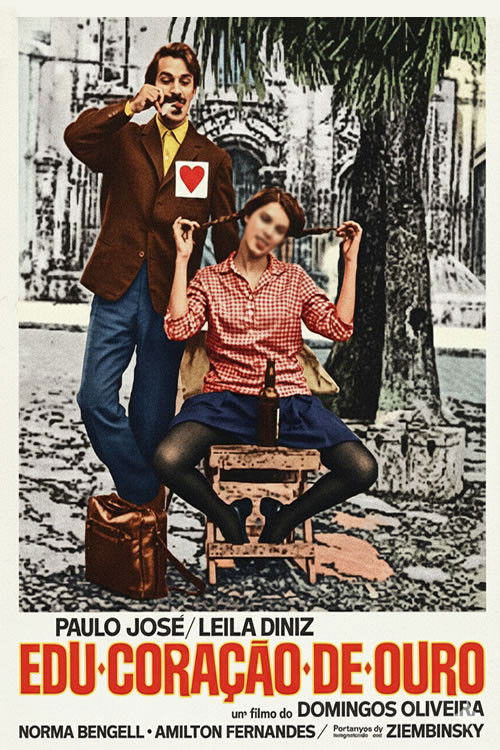
Edu, Coração de Ouro
Character:
A volatile young man, Edu is a typical Rio de Janeiro middle-class kind, who flirts with multiple women at the same time. None of them, however, had managed to make him fall in love, until he met with mysterious Tatiana....
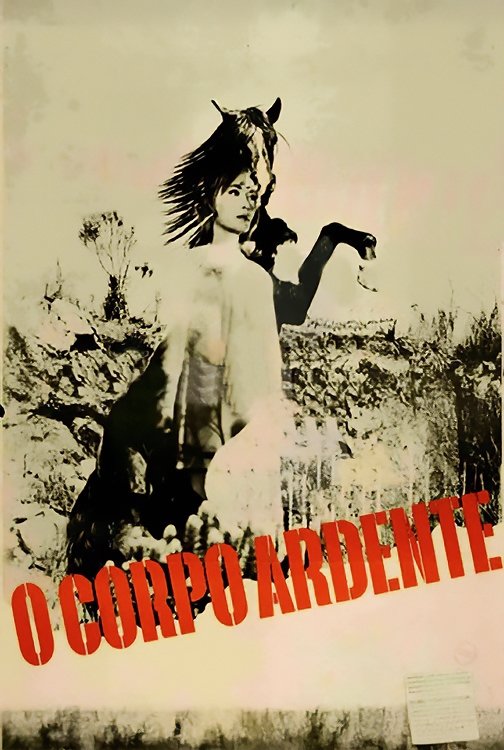
The Burning Body
Character:
Márcia discovers that her husband is having an affair and decides to take a trip out into an isolated part of Brazil with little human contact. There she finds a black stallion roaming the fields....

Garden of War
Character:
Edson is having an affair with actress Maria do Rosário, who dreams of being a movie director. So he tries to get some easy money for her film, but is arrested and meets a police torturer instead....

Fable of the Beautiful Pigeon-Fancier
Character: Andrea
Orestes, a rich factory owner, falls for the beautiful Fulvia. They communicate using pigeons, to avoid being discovered by her husband....
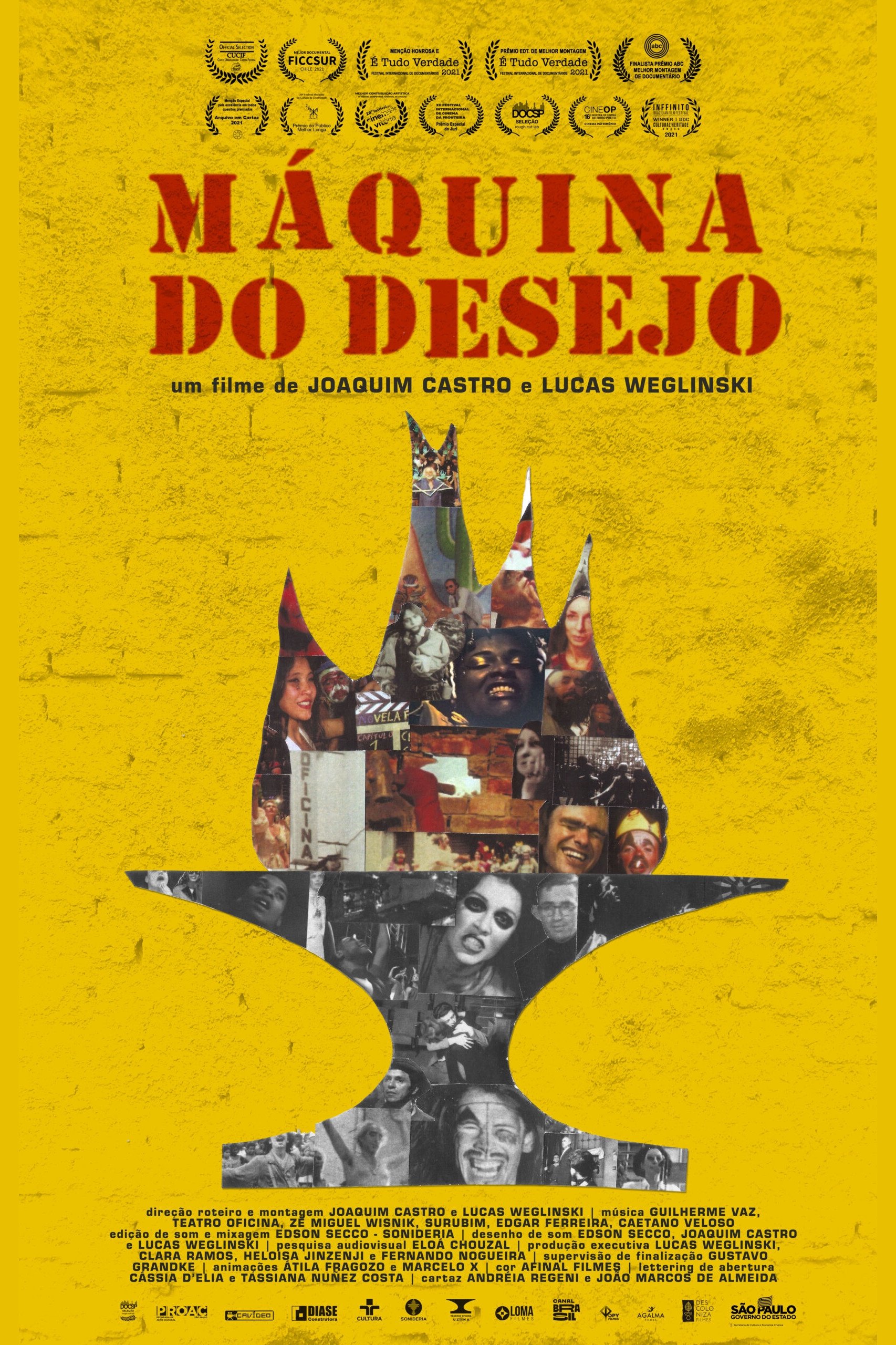
Desire Machine: 60 Years of Teatro Oficina
Character: Self
In six decades, Teatro Oficina has done more than revolutionize theatrical language in the country: the aesthetic influence of José Celso Martinez Corrêa's company extends from Tropicalism to the renewal of Brazilian audiovisual languages from the 1960s onwards. The film revisits a story that it involves personalities such as Caetano Veloso, Glauber Rocha, Lina Bo Bardi, Chico Buarque and Zé do Caixão, brings together scenic art, ecology, architecture and sexuality, and mixes art and life in t...

Lobby do Batom
Character: Self (archive footage)
The most successful case of collective fight for women's rights in Brazil....